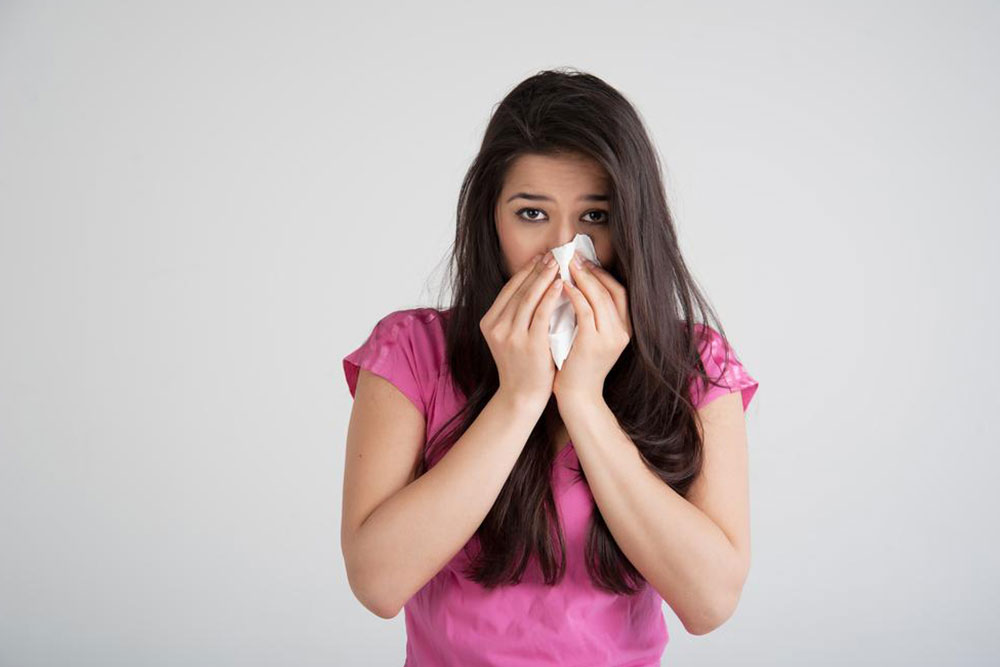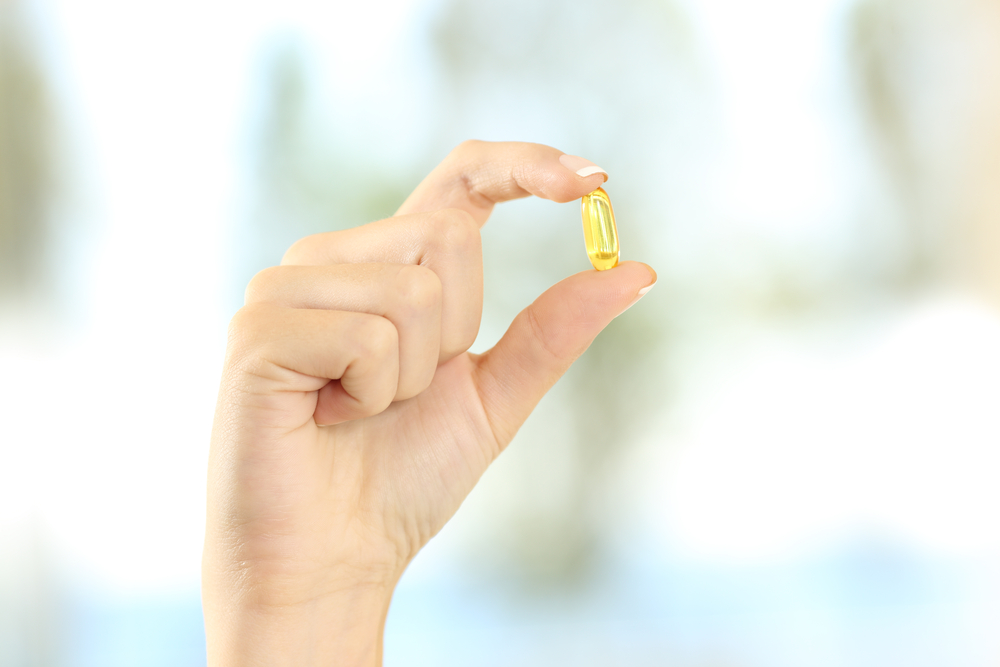Understanding Swollen Lymph Nodes in the Neck
Learn about swollen lymph nodes in the neck, their causes, symptoms, and effective treatment options including home remedies and lifestyle tips. Understanding lymphadenopathy can help identify underlying health issues early and promote recovery through natural and medical interventions. Seek medical advice if swelling worsens or persists. Boost immunity and ease discomfort with effective remedies, massage, and proper care to support lymphatic health and improve overall well-being.

Understanding Swollen Lymph Nodes in the Neck
Lymph nodes, or lymph glands, are small, kidney-shaped organs integral to the body's immune and lymphatic systems. Spread throughout the body, these nodes are linked via lymphatic vessels and form part of the circulatory framework. Their primary role is to help fight infections by producing white blood cells, known as lymphocytes, which generate antibodies to combat foreign invaders. Swelling or enlargement of neck lymph nodes often signals infections, allergic reactions, or sometimes cancerous conditions. Monitoring these swollen nodes can assist in diagnosing the stage and prognosis of cancers.
This swelling condition is called lymphadenopathy. Since the tonsils are also lymph nodes, their inflammation can cause significant discomfort and breathing issues. Swelling commonly occurs in neck, behind the ears, under the chin, and in the armpits. Lymphocytes within these nodes produce antibodies that destroy harmful pathogens, making lymph nodes vital for immune defense.
Reasons for Lymph Node Swelling
Infections like sore throats or colds often lead to neck lymph node swelling. Injuries, mouth, or head tumors can also cause enlargement. Swelling of armpit nodes may indicate breast abnormalities, including cancer. Systemic infections such as measles, mumps, chickenpox, bacterial infections, syphilis, HIV/AIDS, and cancer can cause widespread lymphadenopathy. If swelling causes difficulty swallowing, or is accompanied by weakness, fever, chills, night sweats, or fatigue, medical consultation is essential. Diagnostic tools like ultrasound and CT scans help measure lymph node size. The neck contains approximately 300 lymph nodes, out of around 600 in the entire body.
Treatment Options for Neck Lymphadenopathy
Medical professionals often recommend pain relievers like acetaminophen and ibuprofen to decrease swelling and alleviate discomfort. Boosting immunity through natural remedies such as herbs like licorice, wild indigo, mistletoe, or HypoxiRooperi may also assist in reducing inflammation and healing damaged cells. Consuming honey mixed in warm water or tea can help reduce swelling. Applying alternating cold and hot compresses may further diminish lymph node size.
Home Remedies for Relief
Eating garlic cloves can relieve pain and aid in reducing swelling quickly.
Gargling with warm saline solutions several times daily helps soothe affected areas.
Apple cider vinegar’s acidity can boost immunity and aid healing.
Mint-infused teas or juices offer anti-inflammatory and antibacterial benefits due to menthol.
Turmeric, known for its pain-relieving properties, can be added to warm drinks or mixed with honey for consumption.
Small doses of castor oil daily support detoxification of lymphatic debris, strengthening immune response.
Massaging the neck gently can improve lymphatic flow, while yoga and neck exercises help restore normal lymph node function, often showing improvements within days.
Important Reminder:
Our articles aim to inform across various health topics, providing practical insights based on research. However, they shouldn’t replace professional medical advice. If symptoms persist or worsen, consult a healthcare provider promptly. The site cannot guarantee the accuracy of external information or coverage of all available treatments and options.










